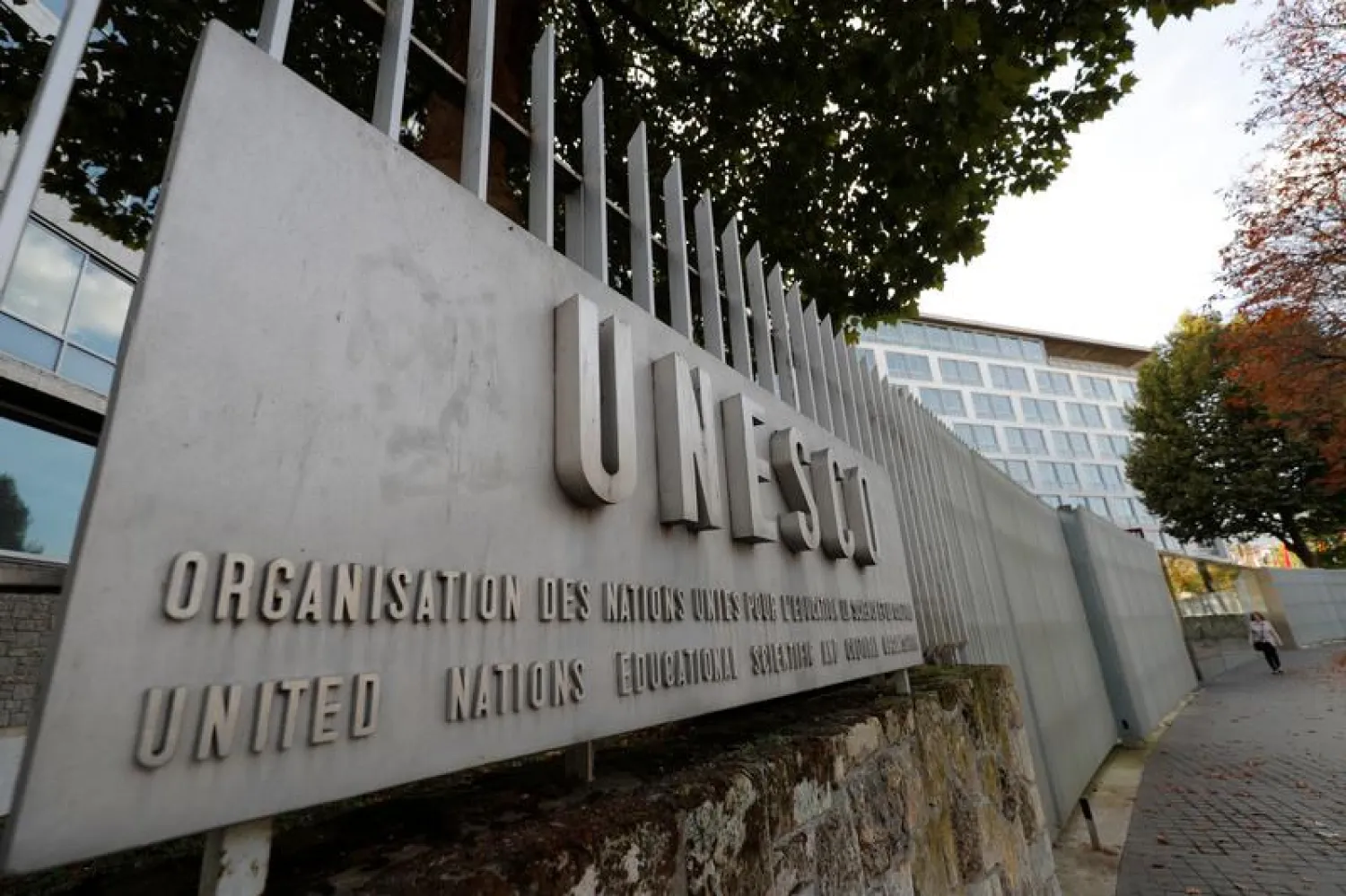Three Arab candidates sit for the selection of UNESCO’s top post holder. Egyptian human rights activist Moushira Khattab, Lebanese lecturer in International Law at the Sorbonne School of Law Vera El Khoury Lacoeuilhe, and Qatari diplomat Hamad Bin Abdulaziz Al-Kawari, next to four other candidates are being reviewed for the position of UNESCO’s new chief.
The United Nations Educational, Scientific and Cultural Organization’s executive board is choosing a new leader to replace departing director Irina Bokova.
Affiliated sources revealed on Sunday that Egypt’s Khattab, who also served as the Minister of Family & Population of Egypt, receives wide-reaching support from African, Arab, and Mediterranean Sea countries.
A career US-educated diplomat, Khattab's biggest achievement was campaigning in the 1990s for women's rights as a top aide to the country's first lady at the time, Suzanne Mubarak. She also served as chairwoman of the National Council for Childhood and Motherhood and was one of the main architects of legislation prohibiting the marriage of underage girls and female genital circumcision.
She also served as family and housing minister under President Hosni Mubarak, ousted in a 2011 popular uprising.
However, there are fears that Arab votes will be broken in favor of other candidates, notably former French nominee and former culture minister Audrey Azoulay.
Azoulay is the first French nominee seeking UNESCO’s position for chief, mixing up the cards a little.
On the other hand, no Arab candidate has ever secured this high position throughout the organization’s history.
Egypt has hinted at efforts to buy the votes of members in the elections.
"Foreign Minister Sameh Shoukry, who is in Paris to follow up on the elections, confirmed his confidence that UNESCO will choose its new director in a fair manner ... and that it is difficult to buy them as other elections were bought," foreign ministry spokesman Ahmed Abu Zeid said.
Zeid’s remarks were in reference to Qatar's victory in winning the hosting job for the 2022 World Cup.
Voting by UNESCO's executive board starts Monday and continues through the week. Among the leading candidates is Qian Tang of China.
It is worth noting that the US has also paused funding for the organization along with Israel, once former UNESCO Director-General Bokova allowed for the 2011 members’ vote to make Palestine a member of the organization.









